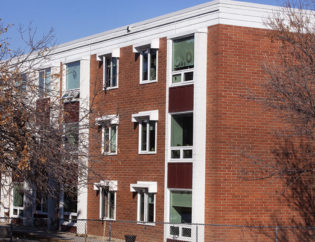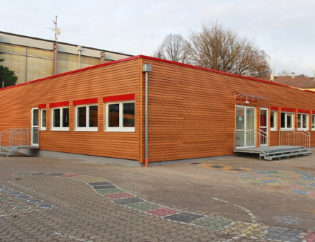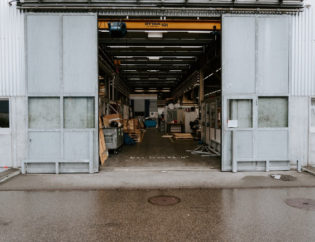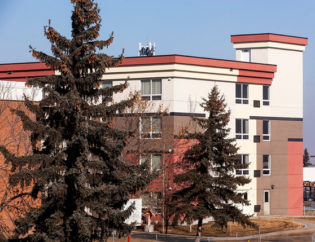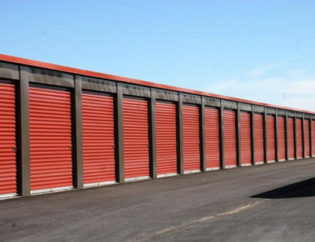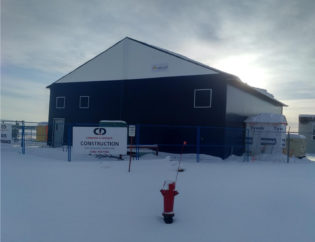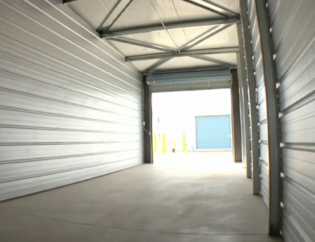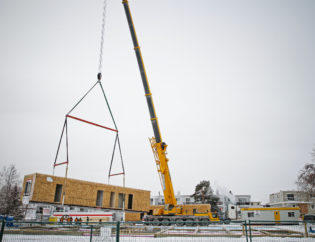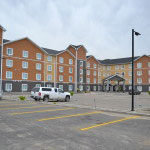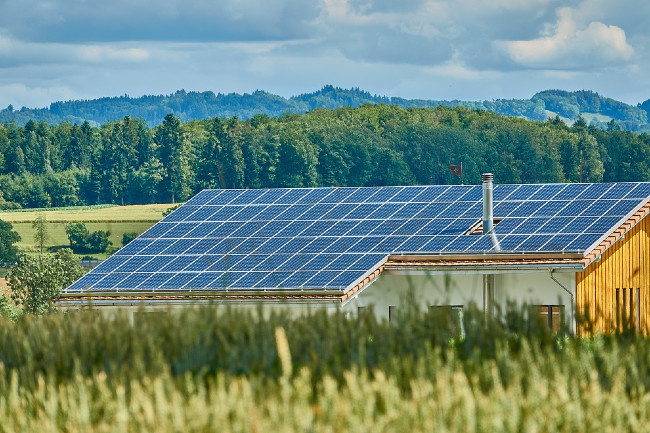
In the past few years, the Edmonton region is seeing a sharp rise in modular constructions. More and more businesses and residential unit owners are choosing modular construction over traditional on-site construction.
There are many reasons for that. Modular construction offers better quality at lower rates, and the construction time is also shorter by up to 50%. Yet, one of the most overlooked benefits of modular construction is that it is significantly more sustainable than traditional construction. Here’s how.
Lower Carbon Footprint
The primary sustainable benefit of modular constructions is that they are highly energy-efficient during and after the construction process. When they are built on an assembly line in a factory, they require 67% less energy than traditional means of construction.
Additionally, the modular buildings have also started implementing the use of energy-efficient materials that further cut down on carbon emissions. Engineers and developers use materials such as energy-efficient glass, geothermal systems, and even solar panels on the roofs, to cut down the carbon footprint.
Minimal On-site Disturbance
As mentioned earlier, modular construction building’s modules are built on an assembly line in a factory. Such factories are located far from residential neighbourhoods and are well insulated to limit the noise, light, and dust pollution. On the other hand, traditional construction is not insulated, creating a lot of noise, light, and dust pollution around the site.
The minimal on-site disturbance makes modular constructions attractive to many project owners and managers. There are fewer chances of disturbing the neighbours during the construction process, as even the assembly process does not take more than a few days. The same advantage also makes it easier to procure permissions from the provincial authorities.
Re-usability and Recyclability
Modular construction buildings—being built in a factory—have every material, tool, and component accounted for. There are fewer chances of waste because of that, by up to 90% in many cases. Moreover, even if there is leftover material from a project, they can be recycled and used in the next project that comes along the assembly line. This gives modular construction a massive benefit in cutting down on waste.
Once constructed, modular buildings are also easier to expand and customize to meet new needs. If you want to expand your facility after ten years, you can easily so do by having the wall-modules disassembled, new modules put in place and reusing the wall-modules.
Lower Personnel Risks
Any construction project cannot be sustainable enough if it is not safe for the workers and technicians. Modular construction excels in this regard, as well. Modular projects are built by specialized workers and technicians using the best equipment.
The factory also meets all the OHS standards of worker safety while having far fewer chances of accidents because of the highly controlled environment of the factory.
In the current world where carbon emissions pose a threat to the ecosystem, it is everyone’s responsibility to minimize the carbon footprint they leave. If you share the same sustainability philosophy and protecting Nature, you should consider modular construction for your next project. For more details on how modular construction can benefit you, reach out to Cormode and Dickson now.
